Conversations With Grandparents
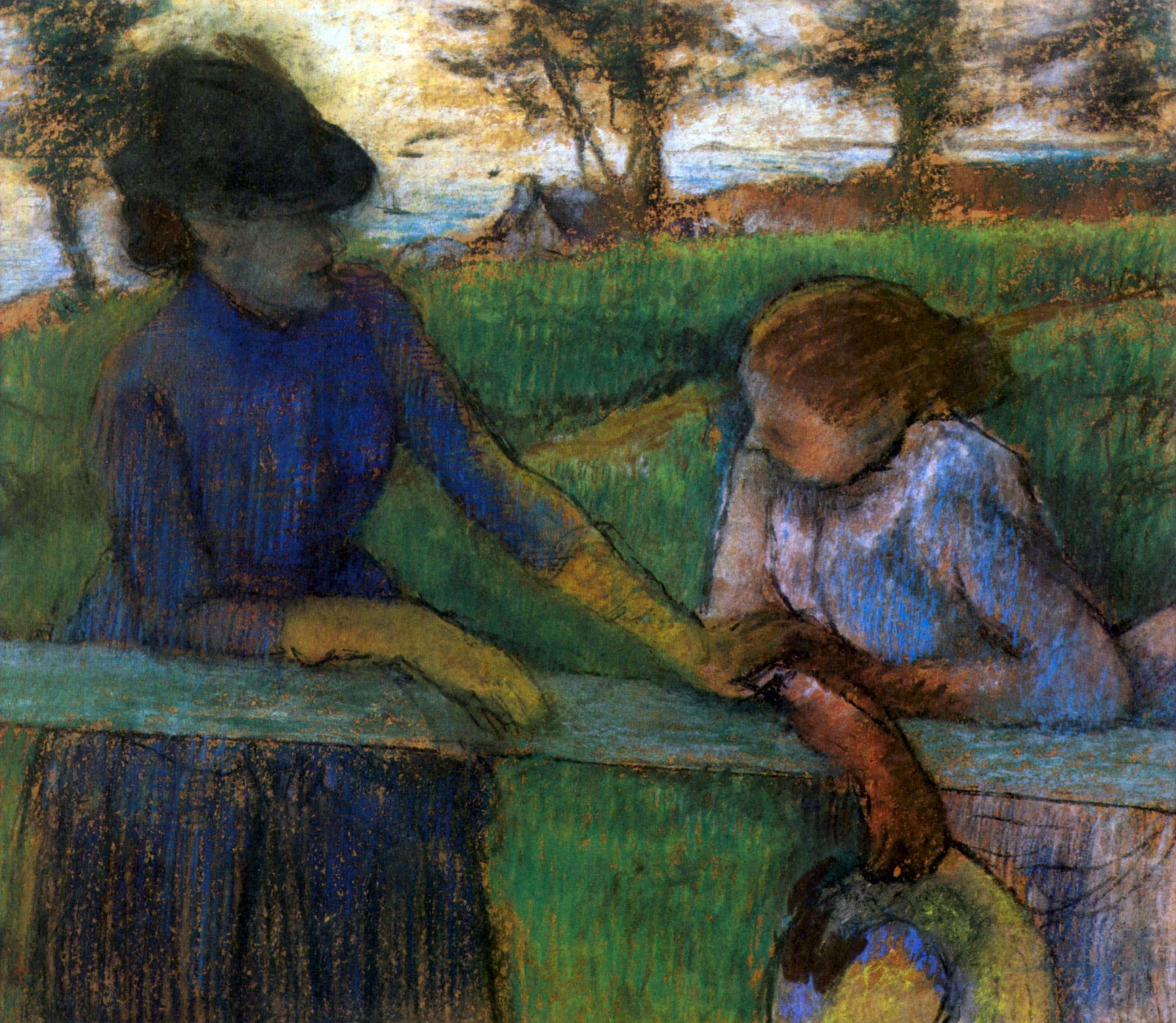
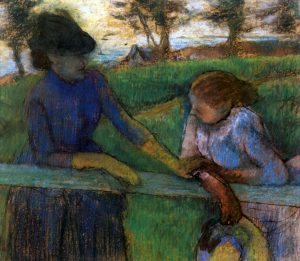
It’s Chanukah and we’ve had a few family get-togethers with all grandparents (my husband and me!) and great grands (my mother-in-law), plus a few aunts and uncles and cousins. I always enjoy being with family, especially when the various generations get to mingle together on the holidays. During holidays, some grandparents reminisce about their past. Others are more quiet about their histories and need to be drawn out and engaged in conversation. And finally, there are those who try to reminisce and no one really listens. Or even worse, no one asks.
As a child, I was one of the few who had grandparents. Most of my friends’ grandparents had passed in the Holocaust and my friends’ parents emigrated to the US to start new families. My grandparents each survived the War and traveled to the U.S. with their children – my parents – in the late 1930’s and early 40’s respectively.
Many of my friends tell me that they didn’t grow up hearing stories about the Holocaust from their survivor parents. Aside from the stamp that their parents had on their arm indicating the years in concentration camps, there was little proof that they had experienced atrocities. These survivors were reticent to share their horror stories with their children and grandchildren.
And then there are those who do talk about their experiences. In his later years, my father-in-law who passed in 2001, freely shared stories of how he and his brother escaped from Poland and other interesting stories. My husband and his siblings lapped up these stories as well as those still being told by my mother-in-law who is well into her 90’s (may she live till 120).
Children ask a lot of questions but adults don’t always want to prod. They may have the dilemma of how much to probe, to ask, to engage in conversation. They may wonder: Do the elders really want to talk? Are their memories really accurate? Is this act of eliciting reminiscence really for their catharsis or therapeutic benefit? Or is it for us – so we can record it all for posterity? How do we know if we are being sensitive to their needs?
This is the subject of a book that I’m reading now called The Conversations We Never Had by Jeffrey H. Konis. Mr. Konis recalls his Grandma Ola whom he adored and spent a lot of time with, but after her death twenty years earlier, felt regret at not getting enough information from her about his family’s history. His father never asked questions and he repeated the trend of not asking anything, despite having spent a lot of time with his grandmother. And so, he set out to write this book which is a recollection of his thoughts on his grandmother combined with what he did know about the Holocaust and his conversations here and there with his father. He weaves together all the warm and loving memories about his grandmother.
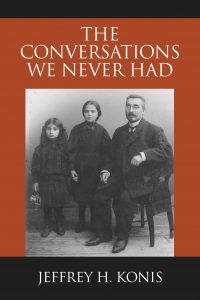
The book’s title is somewhat self-deprecating if not self-critical. He wishes he would have asked more, started more conversations and he has a fantasy that his grandmother might have poured forth with story after story.
Notwithstanding his not having war discussions, the author had a most loving relationship with his grandmother. His Grandma Ola –who actually was his “real” grandmother’s sister, raised his father after the war because the actual grandparents died in the War before his father turned nine. Grandma Ola found her little nephew hiding on a farm in Poland and brought him to America to raise him as her own. Thus, Grandma Olga (“Ola”) was the only grandmother Mr. Konis knew. As a young adult, Mr. Konis spent time with Grandma Ola when he was in law school, living in her apartment which was close to his school. She doted on him, made sure he was comfortable and gave him the space to study, party, and be his own person.
Many of the elderly who went through the Holocaust do not want to relive their past. My own father (RIP) and my mother (till 120) were/are Holocaust survivors. Although their stories may be fewer and less dramatic than those of my in-laws as they did not experience concentration camps, they did not regale stories of their past. The only thing I remember is my father telling us bedtime stories about his childhood in Antwerp before the war. A few years before his passing, my brothers recorded him as he spoke on tape about some of the more fascinating escape stories – leaving Belgium, France and coming to the USA.
The opportunity to interview our elders – both informally and informally – are many but often we don’t grab the chance. Either we think they aren’t interested in talking, or perhaps they really are not interested. Or maybe we aren’t asking the right questions to get them to talk and share.
Bottom line is that many of us go through our lives without having these important conversations with our grandmothers, grandfathers and even our parents. Later we may regret those missed moments and conversations.
I think the message of Mr. Konis’s book is that we ought to delve into the situation with our elders and find out what and how much they are willing to share. If they are willing to share and reminisce, then we take out a pen and paper and write down what they say. Pull out the tape recorder or video camera and record them talking. Make a collage or scrapbook using old pictures. Interview them, tape them and give out a CD to the cousins.
But if they are not willing to share, accept that reality. Enjoy their presence and glean your own stories from the time you had with them. That’s what Mr. Konis did and his story “Conversations We Never Had” is a testimony to his great love and memory of his time with his grandmother.

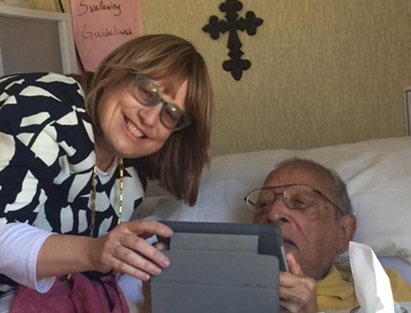
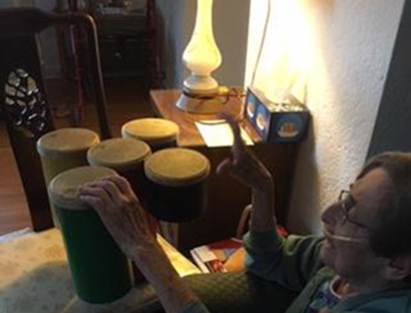
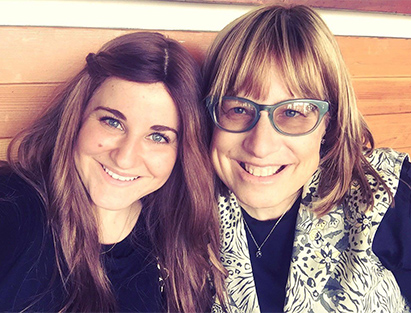
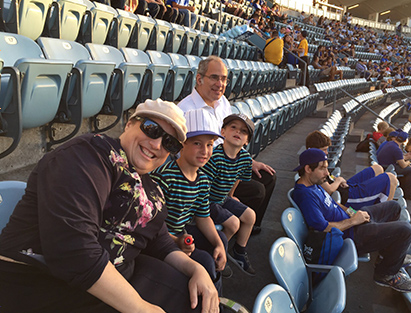
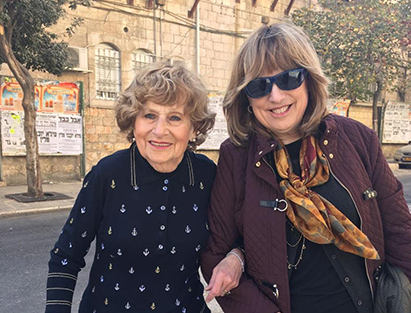

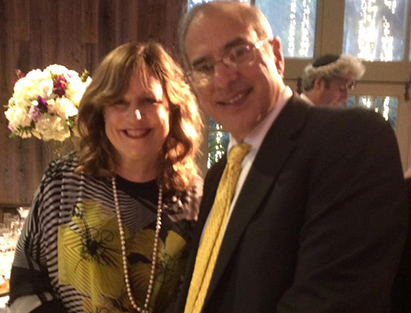
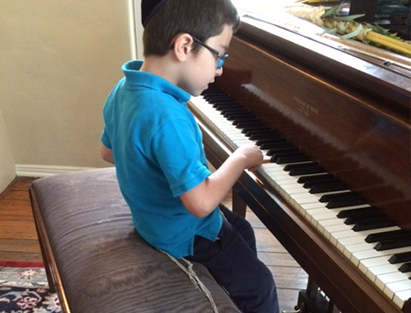
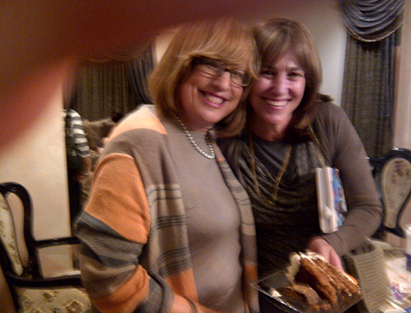
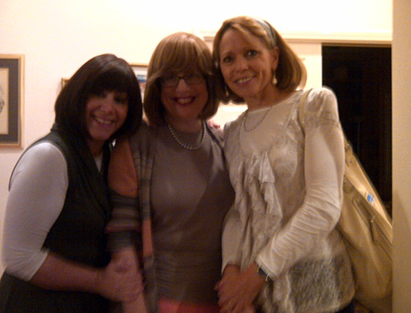
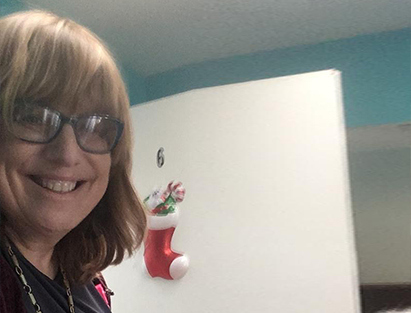
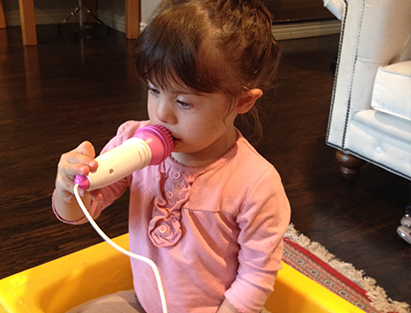
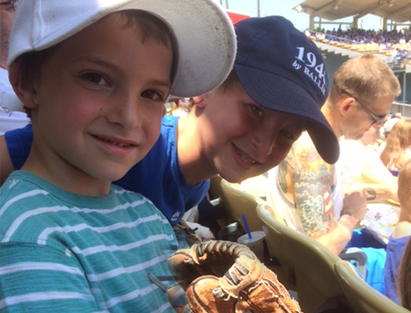
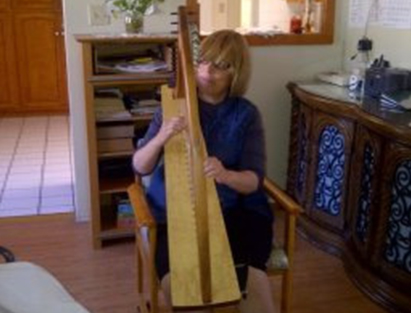

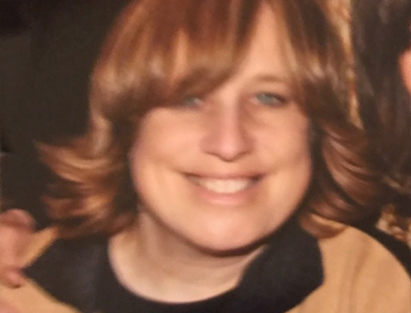
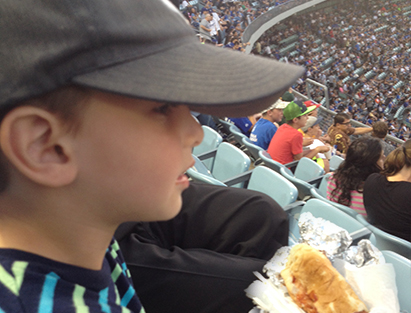
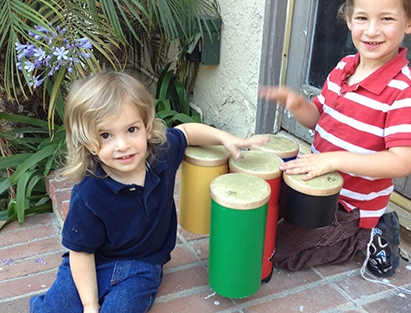
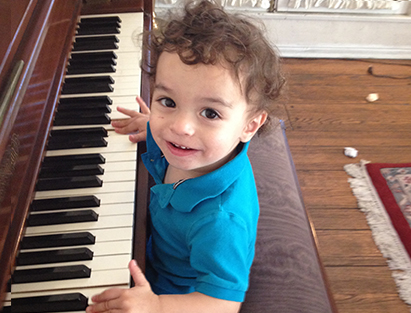
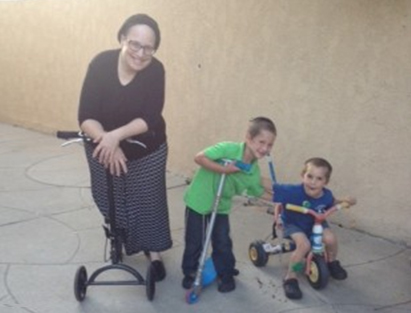
It seems every year my kids had school projects that involved interviewing grandparents. My father in law wouldn’t talk about his experiences in WWII nor would his brother. As you know, I interviewed a Holocaust survivor but she edited what she wanted in and out of the book. But still, valuable stories to keep and preserve.
Thanks for your astute comment, Lisa. I know you’re
an authority on the subject in that you’ve interviewed survivors. I wonder if even those
who do share the stories sift and edit while they
are talking…. only Elie Weisel really told all or did he?
I think it is valuable to just get what we can in terms of the conversations even if they are not every detail.
The book sounds fascinating. My parent’s families were lucky to come to America from Poland in the 1880’s and missed the Holocaust but my Dad fought in WWII. My grandfather, who was Russian, was lured back in the late 1930’s and never returned. Most likely killed by Stalin. I can’t even imagine.
Thanks, Rebecca for your comment and the sharing. That’s so tragic about your grandfather. Sounds like the bulk of the family have been in America for many generations already though.